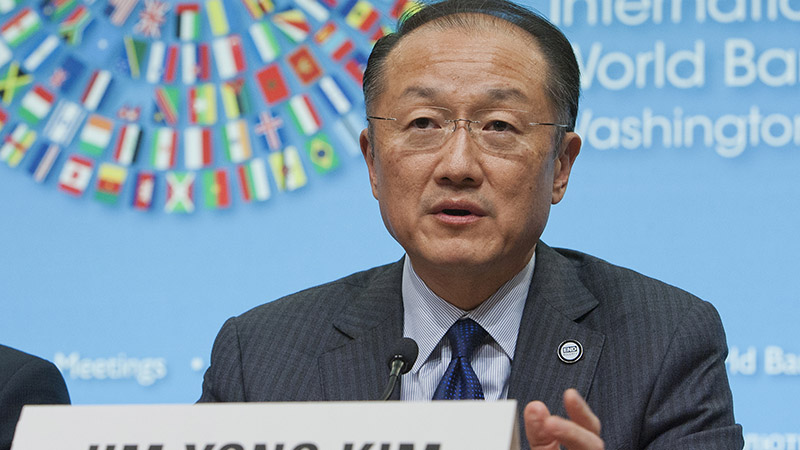The World Bank has clarified its role in the monitoring of the expenditure of the recovered loot by the late General Sani Abacha, saying its role was limited and different from the type of comprehensive audits it does in funds spent on projects supported by it.
This is contained in a signed response to Socio-Economic Rights and Accountability Project’s (SERAP) letter dated April 28, 2017, seeking clarifications on its role in the spending of recovered funds stolen by General Sani Abacha between 2005 and 2006, which was received Tuesday
and seen by Businessamlive on its website.
“The Bank’s role in this particular case was limited by the design and different from the type of comprehensive audits we can do when funds are spent on projects supported by the Bank,” the Bretton Wood institution said, adding that the funds were returned directly from Switzerland to the Nigerian government and spent on the national budget during the administration of Olusegun Obasanjo.
In the response, signed by Rachid Benmessaoud, World Bank Country Director for Nigeria Africa Region on behalf of Yong Kim, the World Bank claims that the funds were returned directly from Switzerland to the Nigerian government and were programmed into the national budget and utilized by the Nigerian government in line with its National Economic Empowerment and Development Strategy (NEEDS).

“As agreed with the Nigerian and Swiss governments, the Bank’s role was limited to carrying out an ex-post analysis on their use with a particular focus on their contribution to the NEEDS.”
“This was done as part of the public expenditure review carried out jointly by the Nigerian government and the Bank under the Country Partnership Strategy. The monitoring and analysis of repatriated funds was undertaken at two levels through: (1) the Bank-led analysis of general budget expenditure trends, and (2) a budget monitoring survey which was a limited field survey of sample projects funded under the budget program and randomly selected from a list of projects provided by the government.”
“The budget monitoring survey was conducted by joint teams representing both government agencies and Nigerian civil society organizations. The Bank’s role in this particular case was limited by the design and different from the type of comprehensive audits we can do when funds are spent on projects supported by the Bank. We would welcome the opportunity to meet with you to explain the Bank’s role in this matter in the near future.”
The Bank said it shares SERAP’s deep commitment to fighting corruption and promoting transparency and accountability, which, according to it, are key ingredients to the successful development and economic well-being.
“We believe that the work organizations like SERAP are doing is critical to achieving our common goal of improving the lives of people in
Nigeria and beyond.”
It would be recalled that the Bank had early in the year told SERAP that it could not locate any additional information on the projects executed with recovered stolen public funds by the late General Sani Abacha.









